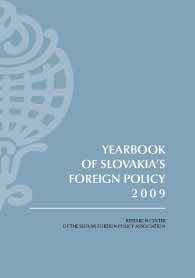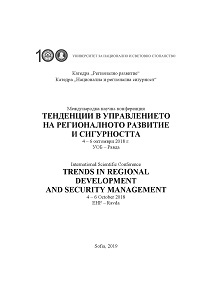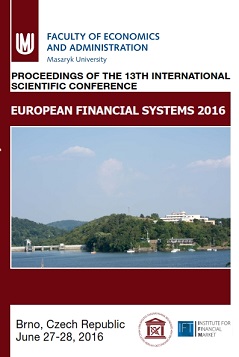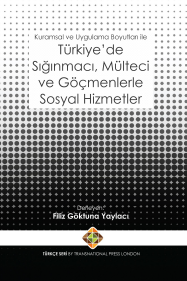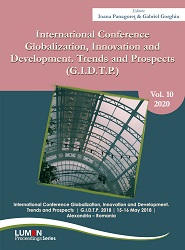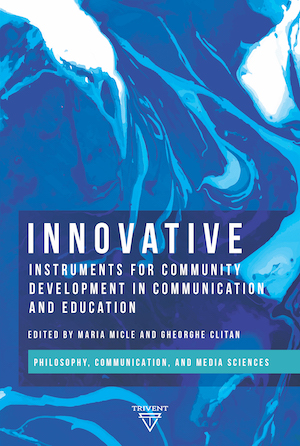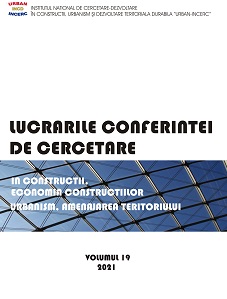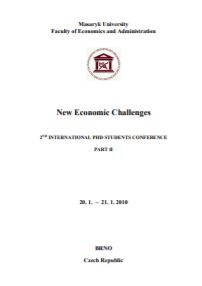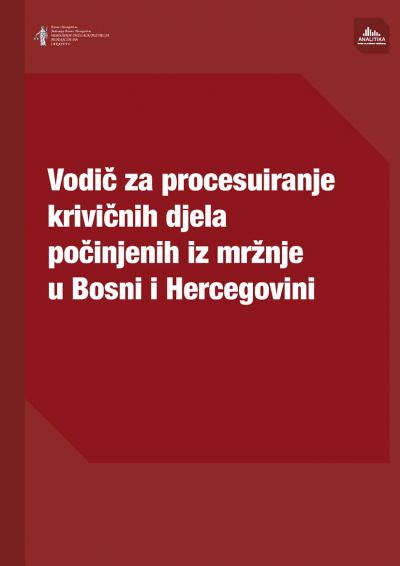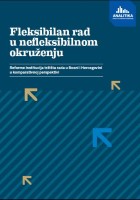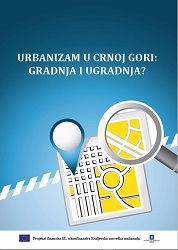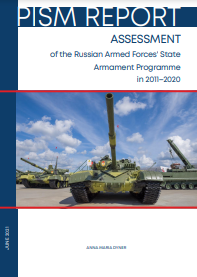Author(s): Amar Numanović,Mirna Jusić / Language(s): Bosnian
Tržište rada u Bosni i Hercegovini (BiH) suočava se sa ozbiljnim problemima: zaposlenost je vrlo niska i iznosi 31,7%, a nezaposlenost visoka, sa stopom od čak 27,5% za osobe u dobi od 15 i više godina u 2014. godini. Između ostalog, ratno razaranje industrijske infrastrukture, gubitak poslovnih veza usljed raspada Jugoslavije, neadekvatno prilagođavanje novom poslovnom i tehnološkom okruženju i neuspješni privatizacijski procesi u poslijeratnom tranzicijskom periodu negativno su utjecali na otvaranje novih, ali i na očuvanje postojećih radnih mjesta. Posljedice takvog stanja su, između ostalog, nizak udio aktivne radne snage u ukupnom radno sposobnom stanovništvu i visoka strukturna nezaposlenost, migracije stanovništva radnog uzrasta u druge zemlje, neriješen status radnika koji su “izgubljeni u tranziciji”, kao i socijalna nesigurnost i visoka stopa siromaštva. Iako u BiH postoji konsenzus o tome da je status quo neodrživ, reforme u oblasti tržišta rada do sada su bile spore i parcijalne i bez jasne vizije modela tržišta rada kojem bi se težilo. U posljednje vrijeme, reforme tržišta rada našle su se na agendi donosilaca odluka, prvenstveno zbog preuzetih obaveza BiH prema Međunarodnom monetarnom fondu (MMF) u okviru stand-by aranžmana, kao i obaveza koje proizlaze iz “Reformske agende”, koja je “povezana s ciljevima novog pristupa EU ekonomskom upravljanju na Zapadnom Balkanu” i koju su, u kontekstu dobijanja kandidatskog statusa za članstvo u Evropskoj uniji (EU), usvojile entitetske i državna vlast. Prijedlozi reformi u ovoj oblasti također su artikulirani u inicijativi “Sporazum za rast i zapošljavanje” (SRZ) Evropske delegacije u BiH, ali i u Nacionalnom programu ekonomskih reformi (engl. National Economic Reform Programme – NERP) za BiH za 2015. godinu Vijeća ministara BiH. Kako bi se potaklo zapošljavanje i otvaranje novih radnih mjesta, naglasak u reformskim prijedlozima prvenstveno je na povećanju fleksibilnosti radnih uvjeta kroz unapređenje zakona o radu i izmjene kolektivnih ugovora, te na smanjenju poreskog opterećenja na rad. Ponuđene reforme primarno se odnose na povećanje fleksibilnosti tržišta rada, ali se u manjoj mjeri osvrću i na pitanja zaštite radnika i njihove dohodovne sigurnosti u slučaju nezaposlenosti, te se marginalno bave pitanjem zapošljivosti (npr. kroz cjeloživotno učenje, aktivne mjere zapošljavanja itd.), što su, primjera radi, važni aspekti politike “fleksigurnosti” Evropske unije. Drugim riječima, važni su elementi tržišta rada u velikoj mjeri zapostavljeni u postojećem diskursu o promjeni politika u ovoj oblasti. S tim u vezi, postavlja se pitanje koliko su reformski prijedlozi uzeli u obzir postojeće institucionalno okruženje tržišta rada u BiH i način na koji bi se fleksibilizacija uvjeta rada kao njihov ključni aspekt odrazila na performanse tržišta rada u interakciji sa institucionalnim okruženjem. U skladu s tim, ova studija polazi od pretpostavke da se različite reformske opcije moraju razmatrati u širem institucionalnom kontekstu. To podrazumijeva ne samo stavljanje naglaska na utjecaj zakonodavstva o radu na performanse tržišta rada, već i na utjecaj koji institucije poput mehanizama kolektivnog pregovaranja, politika, programa i institucionalnog okvira za zapošljavanje, politika socijalnog osiguranja radnika, politika minimalnih plaća, oporezivanja rada i isplativosti rada, kao i postojeće konfiguracije institucija, imaju na performanse tržišta rada. Na osnovu uvida u politike i prakse u domenu tržišta rada u zemljama Evrope, prvenstveno Evropske unije, ova studija ima namjeru doprinijeti razumijevanju reformskih potreba i opcija i njihovih mogućih implikacija za BiH. Da bi se uopće moglo razmatrati stanje tržišta rada i reformske putanje u BiH, analiza je situirana u širi konceptualni okvir koji definira osnovne pojmove, ukazuje na bitne elemente tržišta rada, te daje pregled glavnih rasprava i njihovih implikacija na javne politike u ovom domenu. Pritom su detaljnije analizirani zakonska zaštita zaposlenja, cijena i oporezivanje rada, mehanizmi kolektivnog pregovaranja, te politike zapošljavanja. Komparativna iskustva drugih država u Evropi uzeta su u obzir kako bi se razmotrile moguće reformske putanje, ali i razumio utjecaj različitih institucionalnih i drugih kontekstualnih faktora na performanse tržišta rada. Evropske zemlje koriste se za komparaciju ne samo zbog srodnog institucionalnog okruženja i evropske perspektive BiH, već i zbog toga što se trenutni reformski prijedlozi u velikoj mjeri pozivaju na standarde EU i prakse u ovom domenu. U metodološkom smislu, riječ je o komparativnoj studiji koja kombinira više metoda prikupljanja podataka: pregled sekundarne literature i dostupnih statističkih pokazatelja, analizu institucionalnog i zakonskog okvira u BiH i zemljama EU, te polustrukturirane intervjue sa predstavnicima organizacija i institucija u BiH koje se bave različitim aspektima tržišta rada u BiH ili su uključene u reforme tržišta rada u BiH. S obzirom na to da je istraživanje ograničeno nedostatkom važnih statističkih podataka o tržištu rada u BiH, ali i s obzirom na činjenicu da je provedeno za potrebe studije koja nastoji informirati stručnu debatu u kontekstu donošenja javnih politika u ovom domenu u BiH, važno je istaći da ono nema namjeru objasniti utjecaj različitih kontekstualnih faktora na performanse tržišta rada u BiH. Takve bi analize svakako bile korisne za bolje razumijevanje tržišta rada u BiH, ali izlaze izvan okvira ovog istraživanja. U daljnjem tekstu najprije su predstavljene konceptualne rasprave u domenu tržišta rada i njegovih institucija. Nakon toga slijedi pregled dinamike i trendova na tržištu rada u BiH, pregled različitih institucija tržišta rada u BiH u komparativnoj perspektivi, te zaključna razmatranja.
More...
